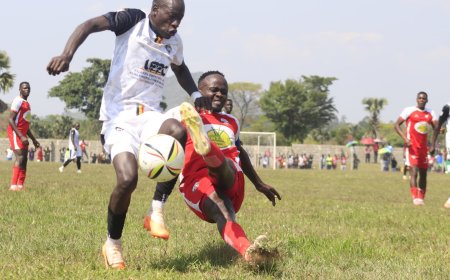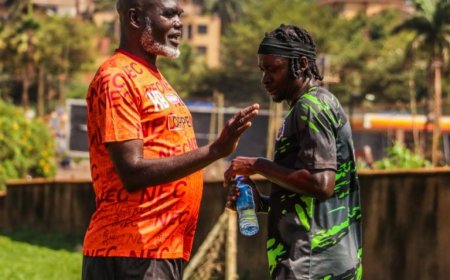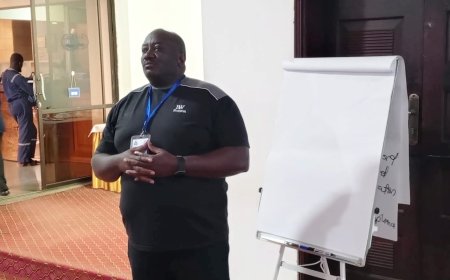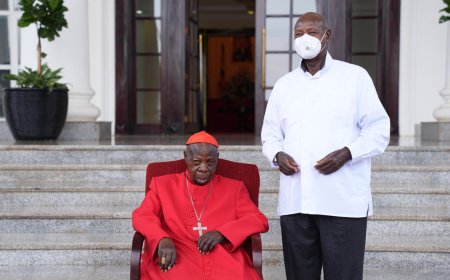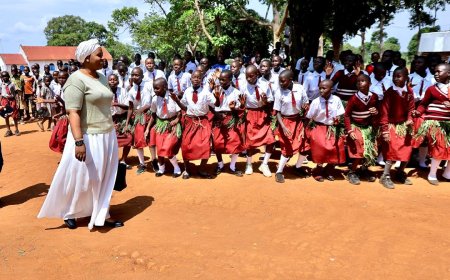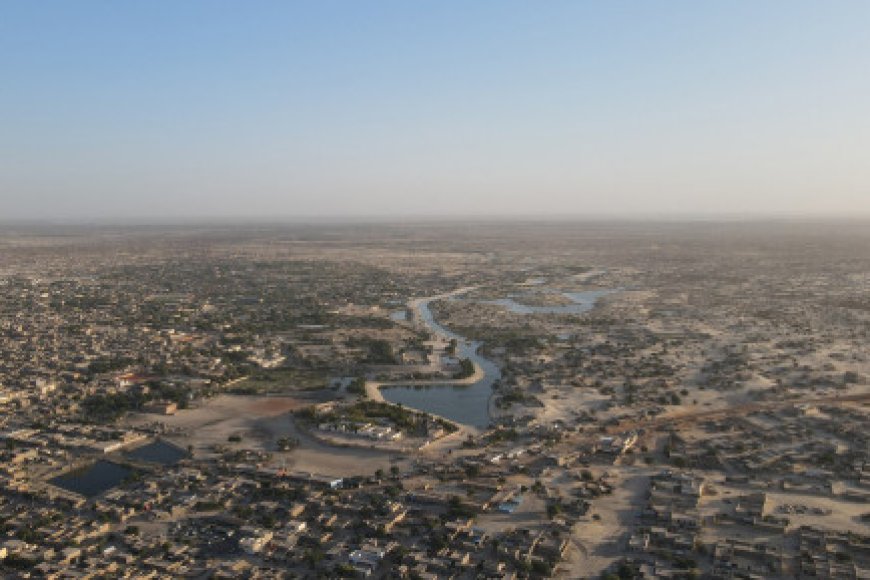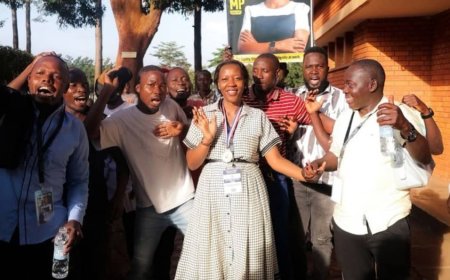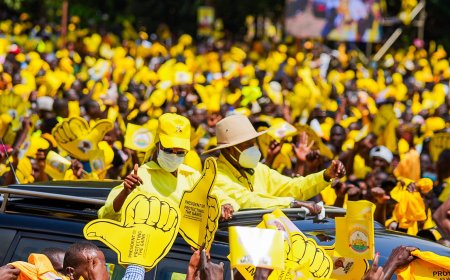Timbuktu suffocates under jihadist blockade, and artillery fire
The Al-Qaeda-linked jihadist alliance Support Group for Islam and Muslims (GSIM) announced in a series of messages at the beginning of August that it was declaring "war in the Timbuktu region".
TIMBUKTU - When jihadists in Mali announced they would blockade the ancient city of Timbuktu, residents thought it was just another intimidation tactic.
But a month and a half later, the tens of thousands of inhabitants remain almost completely cut off from the world with the agonising scenario having become a reality.
Half a dozen witnesses have described to AFP a life of scarcity and fear, as shells have begun to rain down and people increasingly feel in danger in a city where basic necessities are starting to run short.
The Al-Qaeda-linked jihadist alliance Support Group for Islam and Muslims (GSIM) announced in a series of messages at the beginning of August that it was declaring "war in the Timbuktu region".
"We thought it was just voice messages to spread fear," said Abdoul Aziz Mohamed Yehiya, a civil society organiser.
"Today, frankly, what we are experiencing is exactly the blockade" they had promised, he said.
Local GSIM commander Talha Abou Hind has warned that any lorries that try to run the blockade and enter the region would be "targeted and set on fire".
A Timbuktu resident who asked to remain anonymous told AFP he had recently returned to the city by road, travelling from the direction of Goundam, about 80 kilometres (50 miles) to the southwest.
Along the way, he said, "I met nothing but heavily armed jihadists with 12.7 mm machine guns on motorbikes".
"I was practically the only motorbike... there was no activity", he added.
One alternative to the increasingly dangerous road had been the Niger River, which flows a few kilometres south of Timbuktu, offering a transport link between northern towns.
But this option disappeared on September 7 when an attack on a ferry, attributed to jihadists, killed dozens of civilians.
All river boat journeys have now been cancelled until further notice, the company operating them told AFP.
Sky Mali, the only airline serving Timbuktu, has temporarily cancelled its service to the northern city following a shell attack near the airport.
Jihadists have been extending their hold over rural areas around the better-defended towns in northern Mali, likely with the aim of increasing pressure on the central government rather than taking over the towns.
Mali's ruling junta, which seized power in 2020, faces a multitude of security challenges throughout the country. It has been playing down the situation in Timbuktu.
Having refused to call it a blockade, the junta on September 5 finally acknowledged there was a "restriction on the flow of goods" to the city, as well as "soaring prices of basic necessities".
'PEOPLE ARE VERY SCARED'
Trade has also taken a hit in the city.
"If you go around the town, you'll find lorries parked and unable to move -- no lorries are coming into Timbuktu," said Oumar Baraka, president of a youth association.
Baba Mohamed, a shopkeeper, told AFP the city is "in crisis".
"A lot of sugar, milk and oil aren't coming into town -- if it goes on like this, many shops will close," he said.
In the poor, long-neglected region, consumers have already been paying the price of shortages and speculation.
"A litre of petrol costs 1,250 CFA francs ($2.00), whereas people used to pay 700 CFA francs," said Baraka.
Residents also remain in physical danger, especially since the UN stabilisation force MINUSMA began to leave the area, having been pushed out by the junta.
Jihadists have tightened their grip, firing shells into the city, since the mission began to withdraw.
"People used to go out and have fun, but that's all disappearing because of the shells being fired in the street," said one resident. "People are very scared."
In addition to the jihadist insurgency, northern Mali is also under threat of an offensive by predominantly Tuareg and Arab separatist groups.
Arab and Tuareg residents of Timbuktu "have mostly emptied their shops" for fear of possible reprisals, one civil society leader who asked to remain anonymous told AFP.
"The streets are empty, the atmosphere is gloomy, and anxiety is setting in," he said.
The separatist groups captured Timbuktu in 2012 before losing it to jihadists who destroyed some of its famous mausoleums, causing an international outcry.
"People are too afraid of the Malian authorities, and Bamako says that there is no blockade and that they are not going to negotiate with terrorists," said another civil society leader, who has called on traditional authorities to hold talks with the jihadists.
"I don't see any way out."
When Prime Minister Choguel Kokalla Maiga met representatives from Timbuktu on September 5, his message was clear.
"You have to sacrifice everything for a while to reverse the trend -- it's a painful process," he said.














































